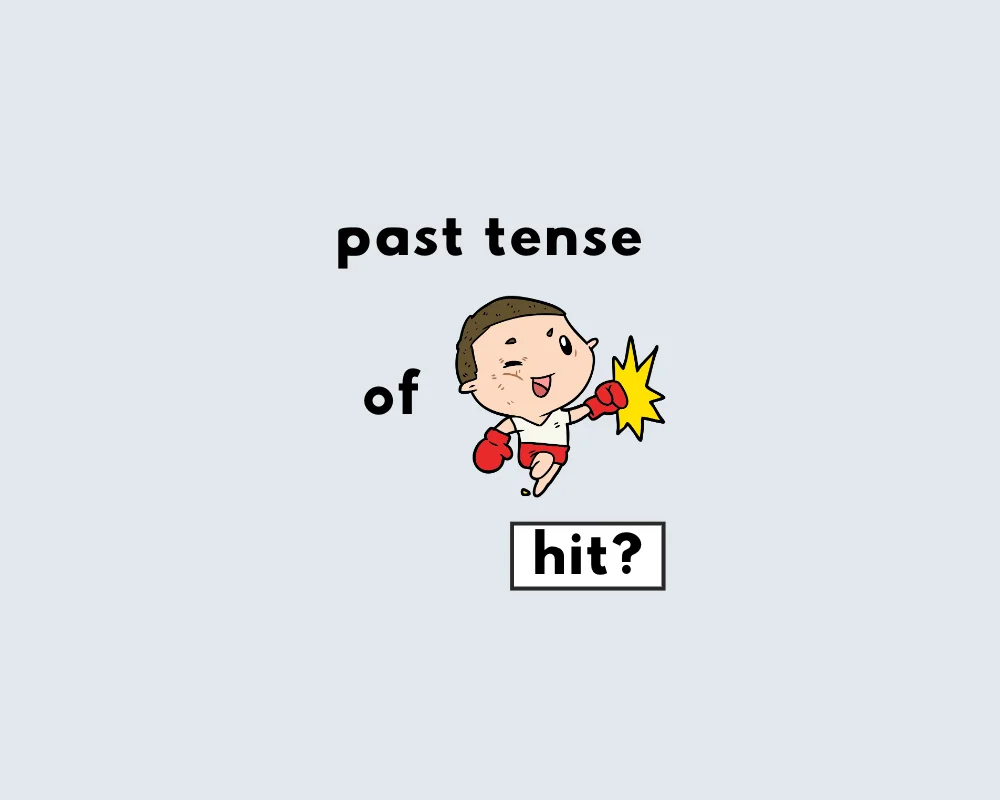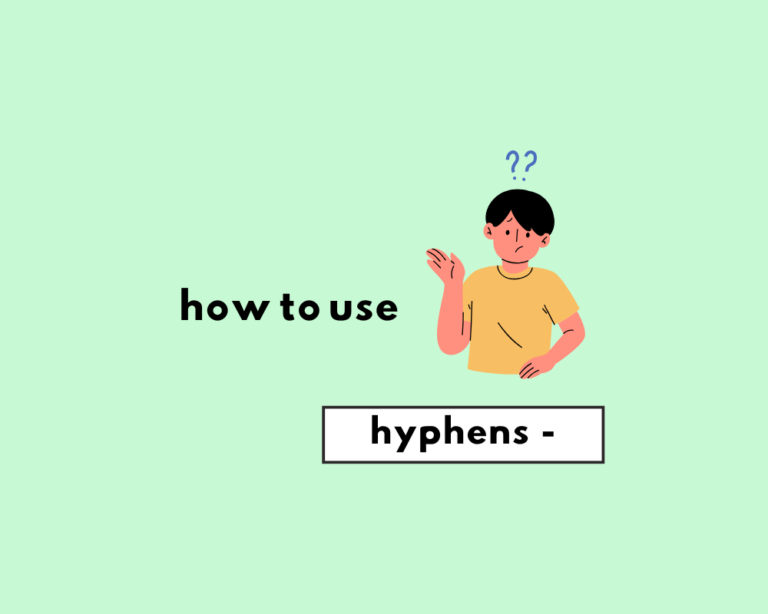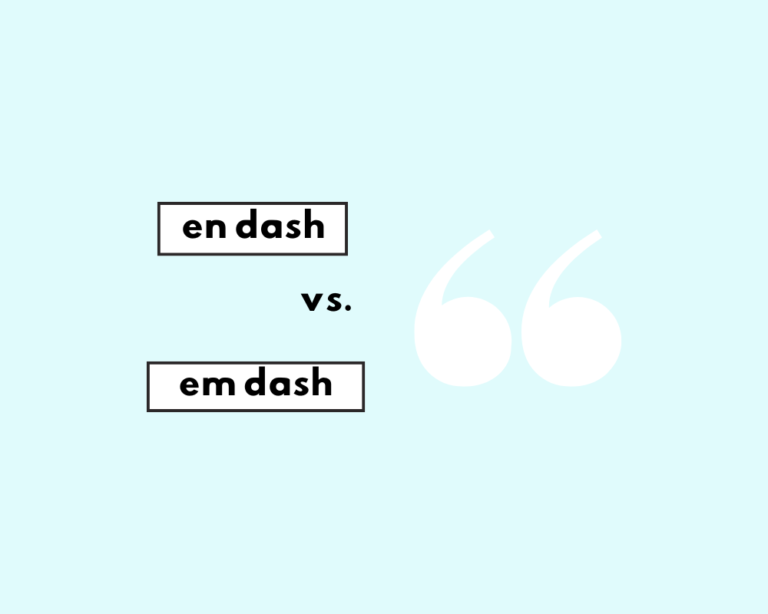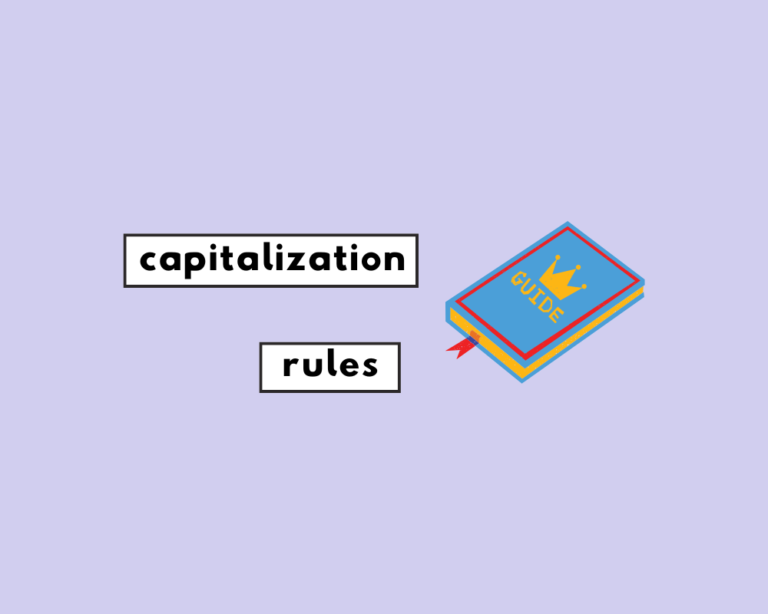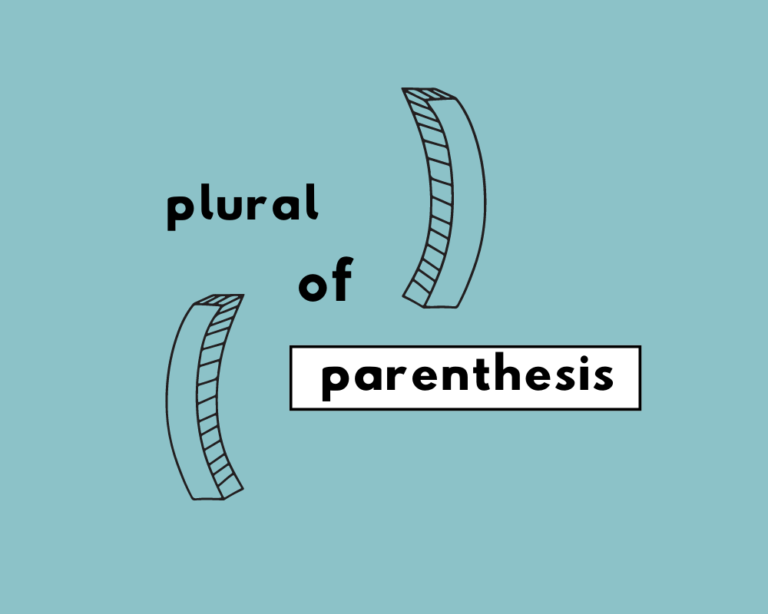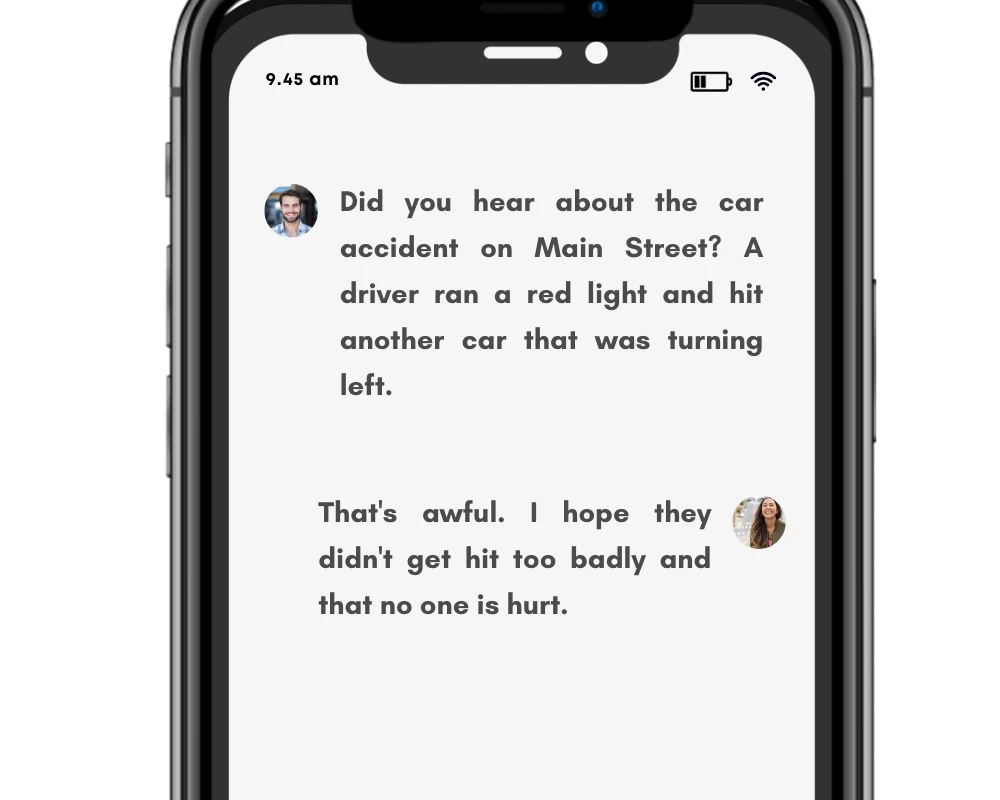
Contents
Toggle
What’s the past tense of “hit”?
The verb hit is an irregular verb, since it doesn’t end in –ed in either of its past tenses. It also stays the same in the simple present and past.
Hit or hitted?
The verb hit, as described by Merriam-Webster, is “striking a person, animal, or object with a forceful blow”. To hit something means to physically strike it with force; while to hit someone means to cause them physical harm or injury through the use of force.
The word hit also has a figurative meaning, which is to “reach or achieve a specified level or quality,” or “causing to come into contact or collision with something.”
Verb forms of “hit”
| present | past | future | |
| simple | I hit | I hit | I will hit |
| continuous | I am hitting | I was hitting | I will be hitting |
| perfect | I have hit | I had hit | I will have hit |
| perfect continuous | I have been hitting | I had been hitting | I will have been hitting |
1. To hit is in the present tense: Harry hits the target with tremendous accuracy.
2. Hit is the simple past: A train hit their car again.
3. Hit is also the past participle: She had hit him with all the strength she could muster.
Is the verb “hit” regular or irregular?
Hit is an example of an irregular verb with one form despite tense. Examples of other irregular verbs in the same group as hit (with one verb form) includes bet, cut, shut, and spread. See the chart of other verbs in the same category:
| base verb | past tense | past participle |
| cut | cut | cut |
| burst | burst | burst |
| bet | bet | bet |
| shut | shut | sunk |
| hit | hit | hit |
| set | set | set |
| spread | spread | spread |
Past tense of hit vs. past participle
The simple past tense conjugation and past participle of hit are both “hit“. So, whether it’s in sentences in the present or past, hit stays the same.
As an adjective, hit appears on its own or in a participle phrase; (that is, a phrase that uses a participle but works like an adjective).
Examples of the hit in the present tense
1. I hit the jackpot.
2. She hits her personal best each morning at the gym.
3. Harry hits the target with tremendous accuracy.
4. Kevin and I hit the road early to go to the cottage.
5. Linda hits the punching bag in her basement daily.
Examples of hit in the past tense
1. A train hit their car again.
2. You hit the nail again.
3. And then it hit her.
4. I’d never hit you.
5. She wanted to hit him.
Examples of the verb hit as an adjective
In these examples, the past participle “hit” describes a noun (e.g. “song,” “TV show,” “movie,” “play”) that has been successful or popular:
1. The hit song played on the radio.
2. The hit TV show had millions of viewers.
3. The hit movie was a blockbuster success.
4. The hit play ran for months on Broadway.
5. The hit novel was turned into a major motion picture.
Origin of the verb to hit
From Etymonline on hit (v.):
Late Old English hyttan, hittan “come upon, meet with, fall in with, ‘hit’ upon,” from a Scandinavian source such as Old Norse hitta “to light upon, meet with,” also “to hit, strike”.
Read about other verb conjugations!
- What’s the past tense of spread?
- What’s the past tense of lead?
- What’s the past tense of choose?
- What’s the past tense of fly?
- What’s the past tense of lay?
- What’s the past tense of drive?
- What’s the past tense of draw?
Learn more about verbs
What are regular and irregular verbs?
Transitive and intransitive verbs?
Sources
- Merriam-Webster, definition of hit.
- Etymology online, origin of hit.

